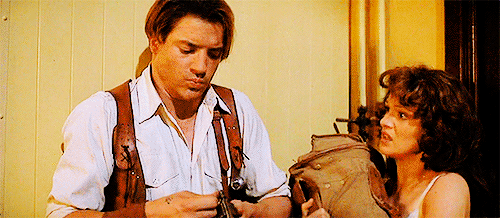
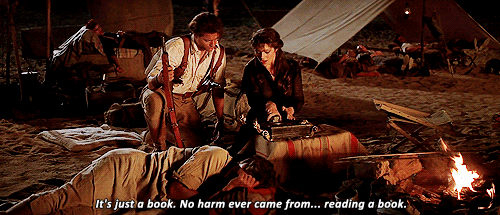
Producers had been trying to revive the property for years, starting back in 1987 with famed zombie director George A. Romero set to direct.
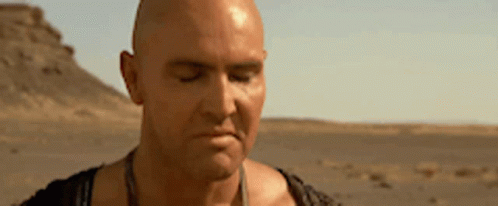
There was a point in 1996 when Daniel Day-Lewis was considered for the titular role, though I’m not sure he would have considered it himself. But Gremlins director Joe Dante was involved during the 1990s and imagined an massive production with DDL as the star.
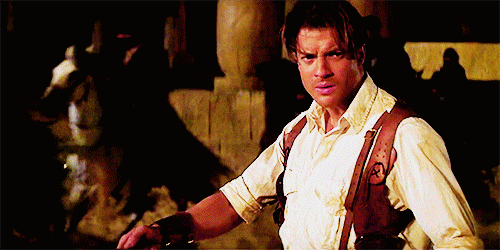
After the failure of Babe: Pig in the City, Universal was desperate for a big event-style movie, and thus, The Mummy rose above the competitors.
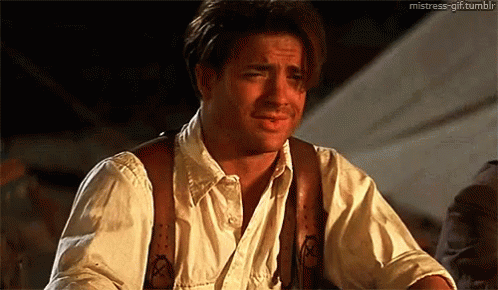
Director Stephen Sommers sold Universal on his take, which was set in the 1920s and featured an Indiana Jones-like hero.
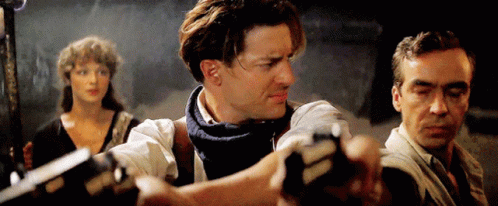
Brendan Fraser wasn’t sure what kind of movie he was making: “We didn’t know whether we were making a horror movie, we didn’t know if this was an action picture, we didn’t know if it was a romance picture. All of the above? None of the above? We didn’t know. We. Did. Not. Know.”
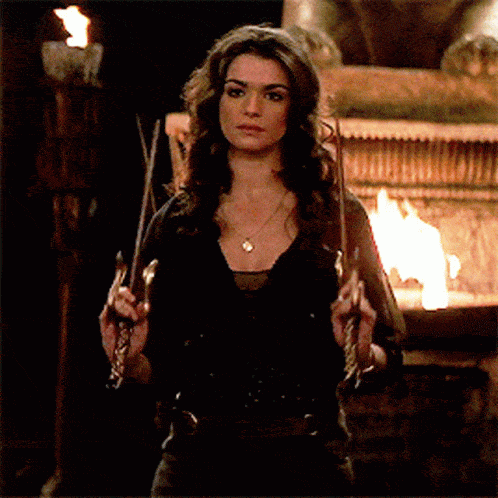
Filming in the Egyptian deserts had numerous challenges for the cast and crew, including sweltering temperatures, snakes and scorpions.
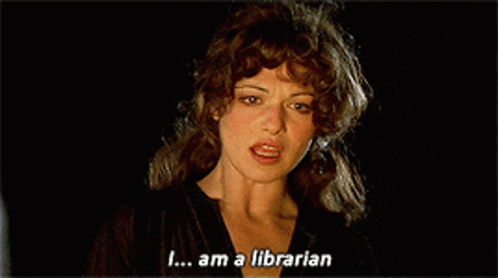
There was also the added danger of serious political instability in Egypt at the time, and the producers had to take out kidnapping insurance for the cast (though they weren’t told).
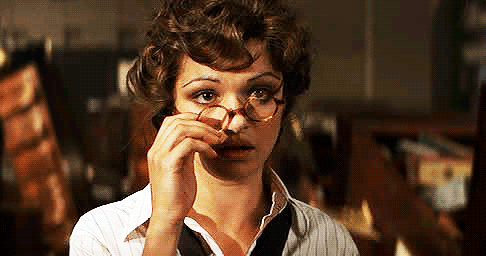
The production worked with seasoned visual effects artists who came from large productions and encouraged Sommers to take big swings with all of his ideas.
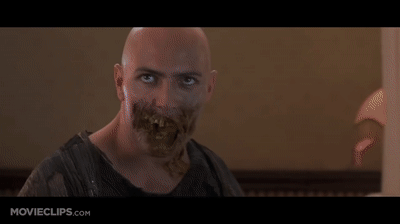
Sommers was insistent that he didn’t want the film to be a horror and went through many designs for the mummy’s look to reduce some of the intensity and dial in his vision.
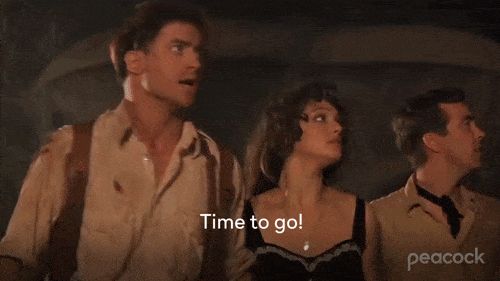
Brendan Fraser almost died when he passed out performing a scene where he hangs in a noose.
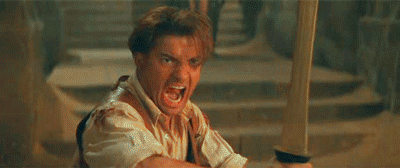
Fraser helped the CGI artists greatly by how well he remembered his choreography during the final fight where he takes on an army of mummies. The artists were impressed at how well he was able to recreate his movements each take, while fighting opposite of nothing on the set.
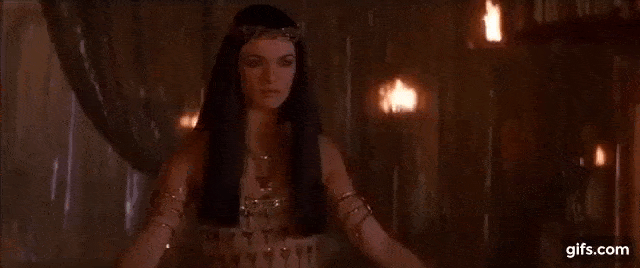
The film is, obviously, not historically accurate but they did draw from history. Like Imhotep being a real person, but not a high priest. He was the architect of the first pyramid.
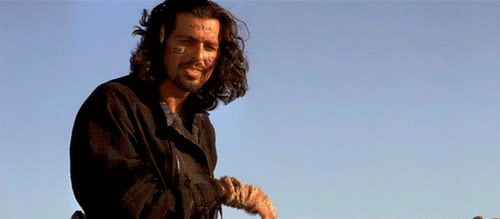
The tattoos Medjai warrior Ardeth Bay has are true to the real-life tribe, but Sommers decided to use less than are used in real life so the audience could see actor Oded Fehr’s face better.
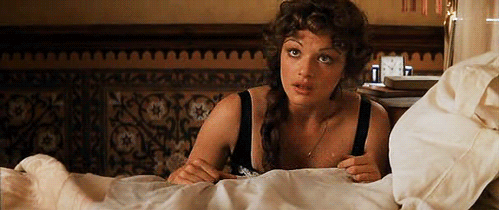
Approximately $15 million was spent on visual effects.
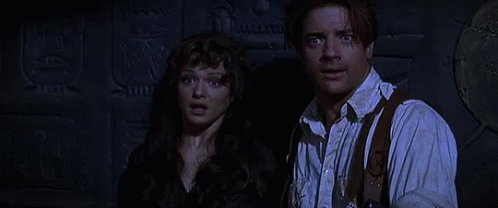
The movie spawned several sequels, notably giving Dwayne “The Rock” Johnson his first acting role.
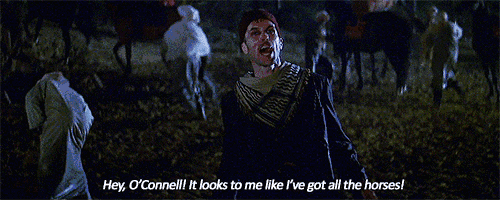
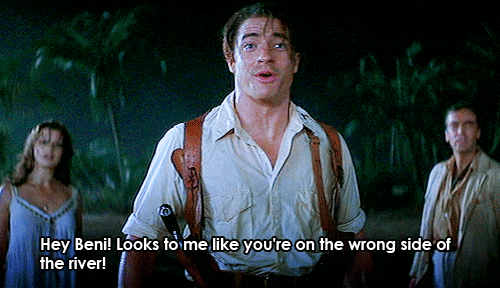
Credits: www.mentalfloss.com
 Barnorama All Fun In The Barn
Barnorama All Fun In The Barn